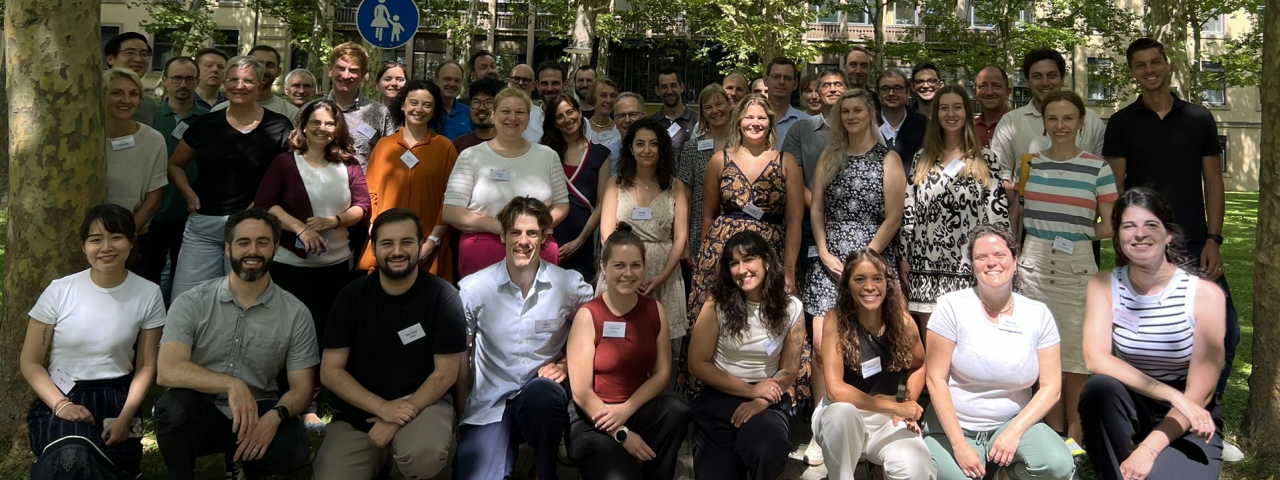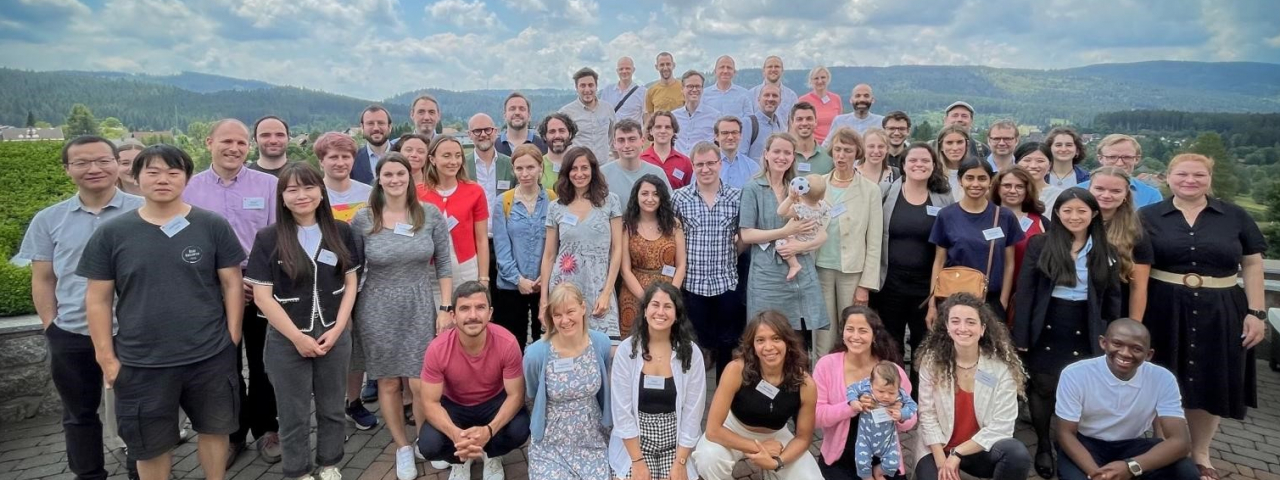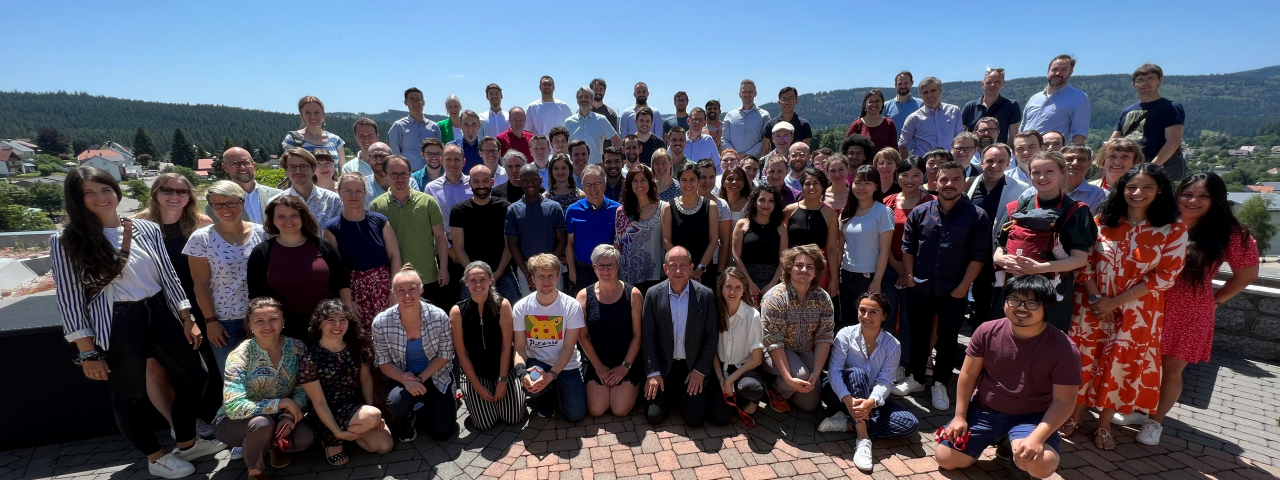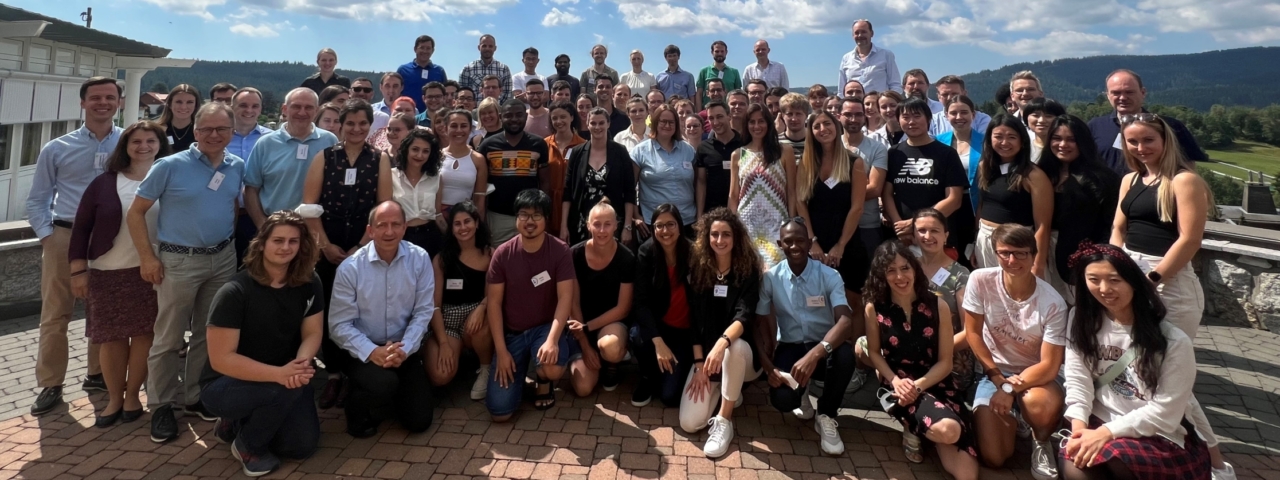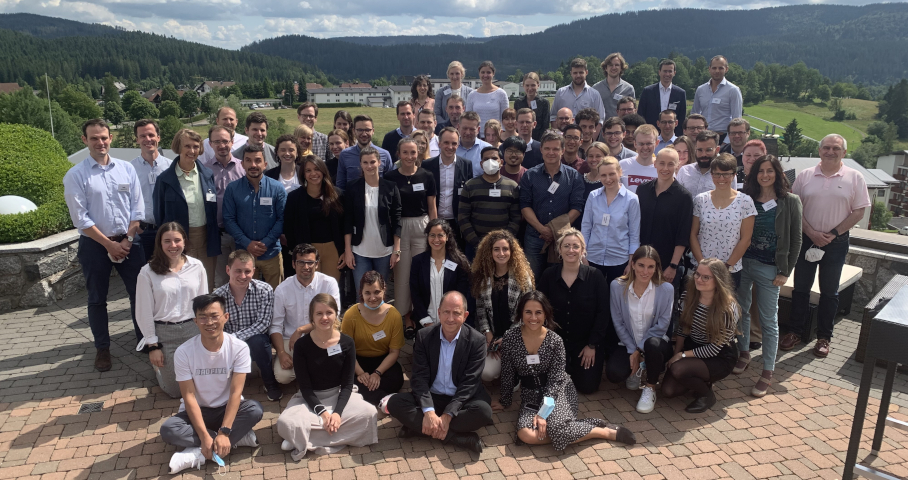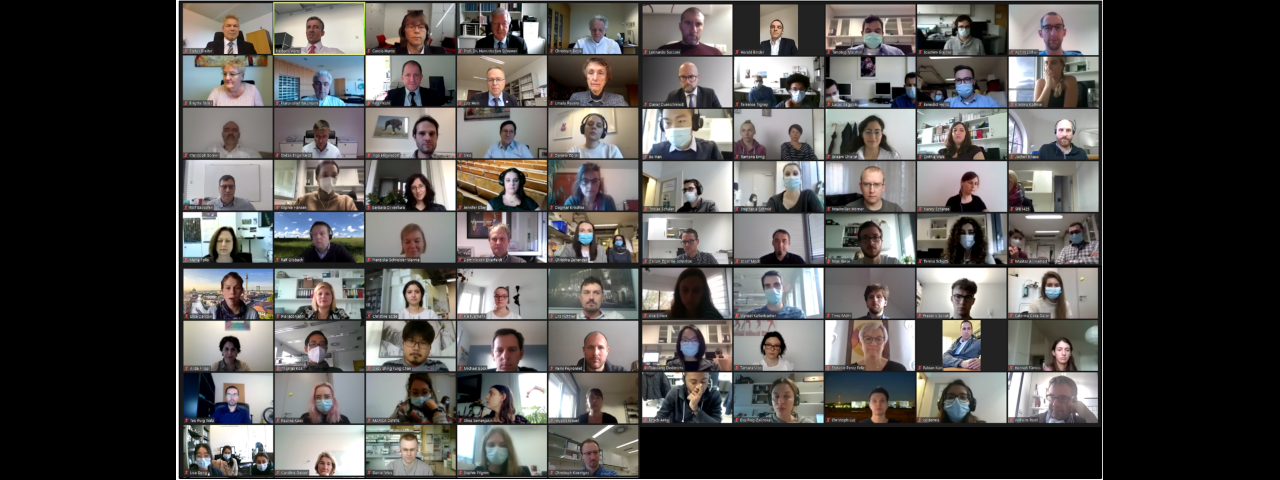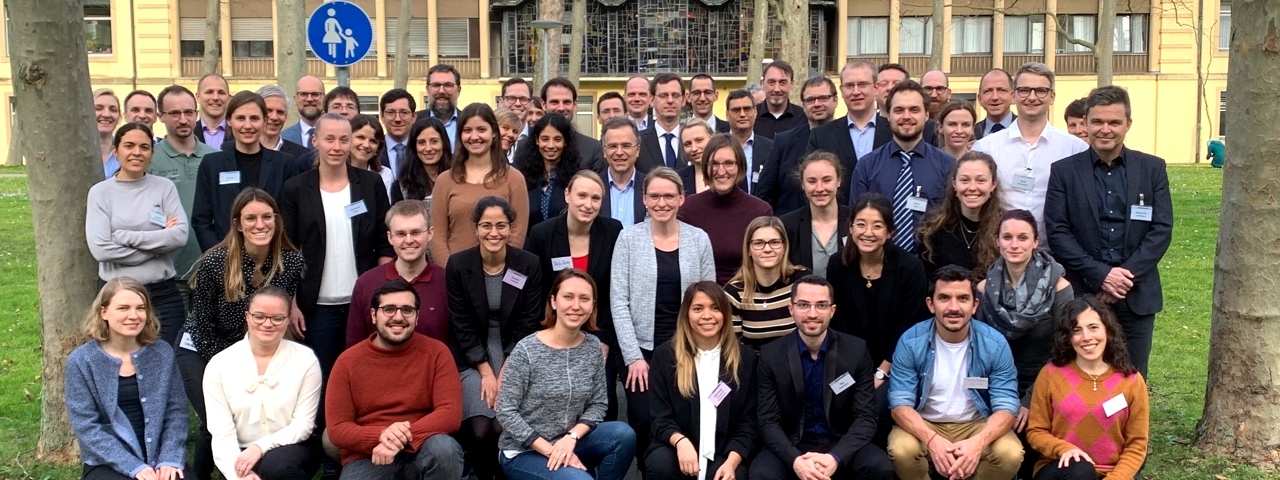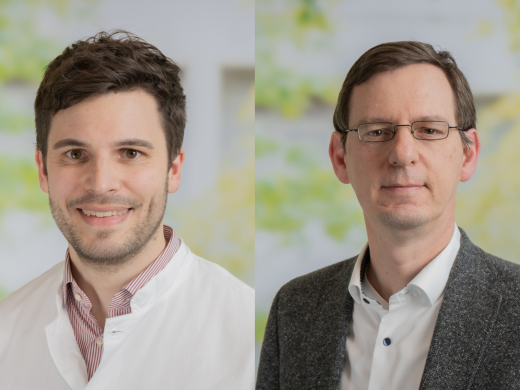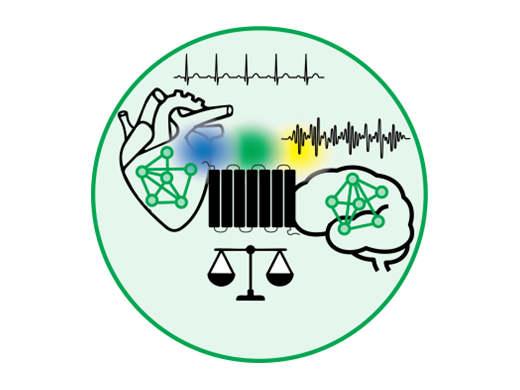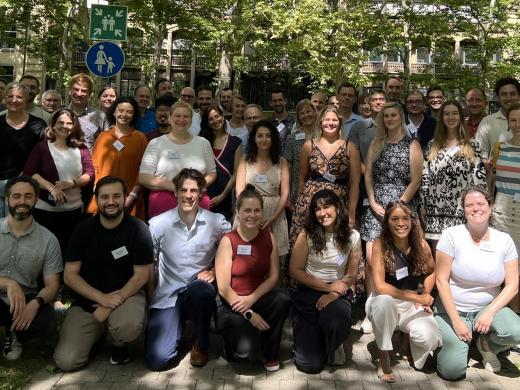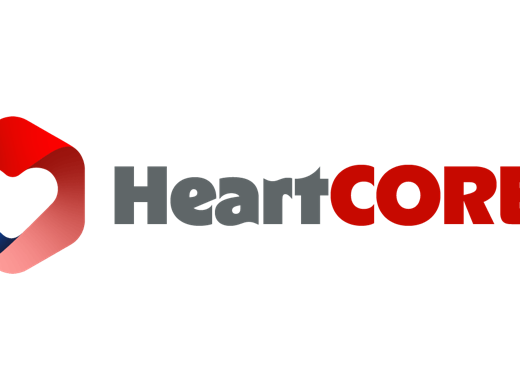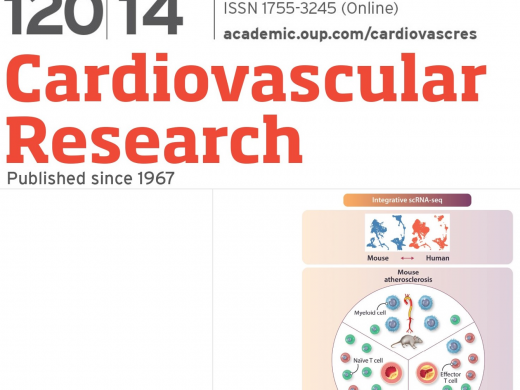Traditionally, heart research has strongly focussed on cardiac myocytes: they are the motors underlying cardiac pumping, driving classic clinical read-outs such as blood pressure or ECG. Cardiomyocytes occupy about two thirds of cardiac muscle volume. But: the significantly smaller non-myocytes – such as connective tissue and immune cells – form a majority, accounting for more than two thirds of the cells in the heart. After tissue lesioning, e.g. in myocardial infarction, non-myocytes play a key role in repair and tissue remodelling. They support the structural integrity of the heart – without, however, pumping themselves. Their presence can also disrupt the normal electrical activity that precedes each heartbeat. Our knowledge of cellular identities of non-myocytes, the mechanisms and relevance of their interactions, and the use of this knowledge to steer repair processes, is still in its infancy. These areas will be investigated by the CRC 1425, with the long-term aim of developing new methods for diagnosis and therapy of heart disease. In doing so, the CRC is not primarily targeting scar prevention or retransformation into functional muscle tissue, but rather pursuing a new and complementary approach, working with nature’s own repair processes ‘to make better scars’.
The CRC 1425 brings together 25 scientists from the University Heart Centre Freiburg · Bad Krozingen, the University Hospital Freiburg, the Medical, Biological and Technical Faculties of the University of Freiburg, the Max Planck Institute of Immunobiology and Epigenetics in Freiburg, as well as from the universities of Heidelberg, Bonn, Frankfurt and Würzburg.


